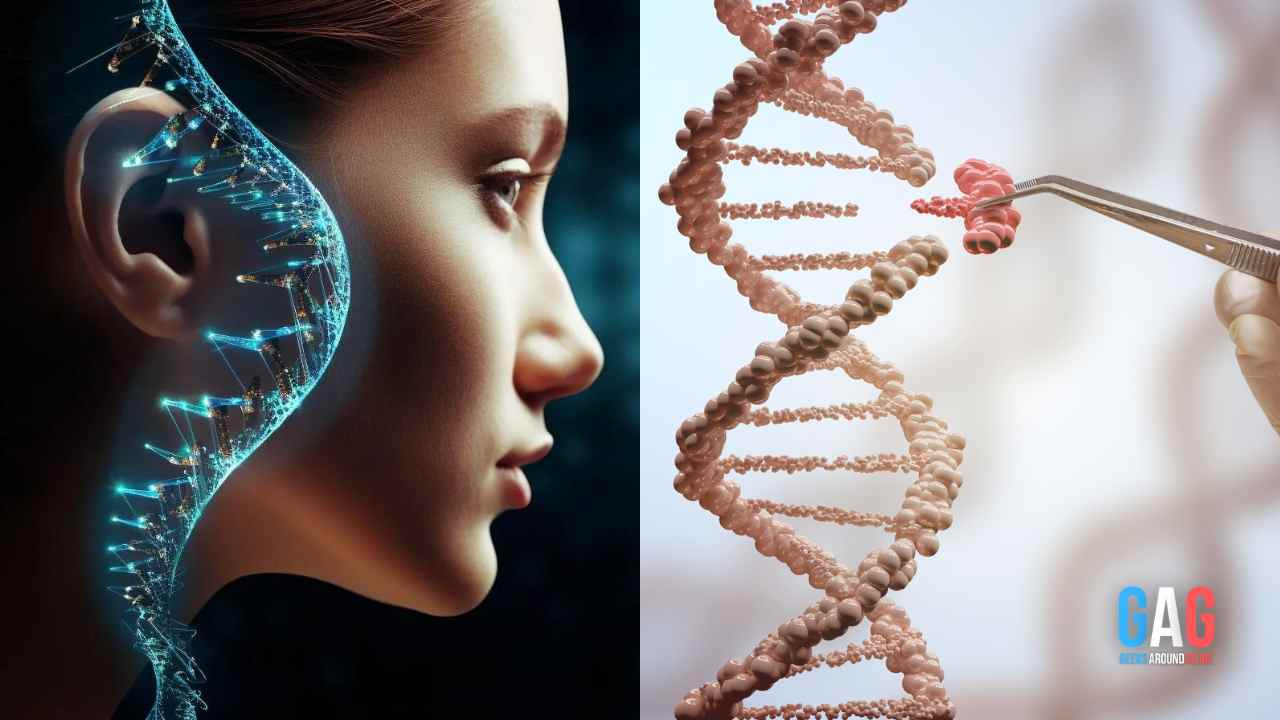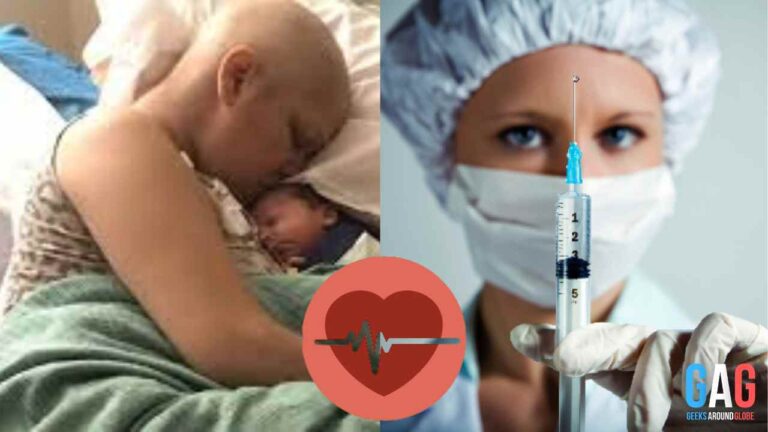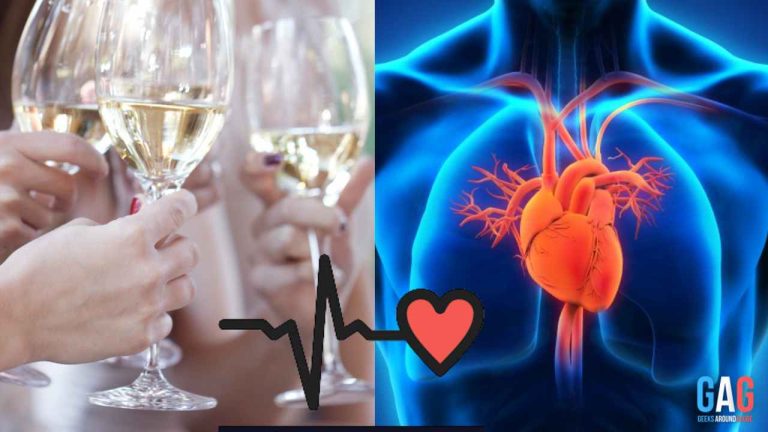The world of science is continuously giving us fascinating discoveries. Research Scientists at King’s College London‘s Institute of Psychiatry, Psychology & Neuroscience (IoPPN) have successfully found a genetic treatment to reverse hearing loss. Hearing loss is a growing concern for more than half of adults in their 70s. Let’s dive into know more about this.
Findings of the research
The findings are available in the publishing of the ‘Proceedings of the National Academy of Sciences.‘ The initial study of the research is done on mice affected by a faulty Spns2 gene. According to this proof-of-concept study, hearing impairment is the result of reduced gene activity. Surprisingly, the study says that it can be reversed! This truly gives hope to treating the impairment that is a concern of many.
“Degenerative diseases such as progressive hearing loss are often believed to be irreversible, but we have shown that at least one type of inner ear dysfunction can be reversed. We used a genetic method to show this reversal as a proof-of-concept in mice, but the positive results should encourage research into methods like gene therapy or drugs to reactivate hearing in people with a similar type of hearing loss.” said the Professor of Sensory Function at King’s IoPPN and the study’s senior author, Professor Karen Steel.
Hearing losses also seem to increase the tendency of experiencing depression, cognitive issues, and dementia. Hearing aids that are currently available do not restore the hearing. They temporarily assist the hearing but they don’t stop the progression of the disease as well. So, this new research could be the next breakthrough in medicine!
“This groundbreaking proof-of-concept study unlocks new possibilities for future research, sparking hope for the development of treatments for hearing loss,” said Dr. Elisa Martelletti, the study’s first author at King’s IoPPN.
Journal Reference:
“Reversal of an existing hearing loss by gene activation in Spns2 mutant mice” by Elisa Martelletti, Neil J. Ingham, and Karen P. Steel, 8 August 2023, Proceedings of the National Academy of Sciences.
DOI: 10.1073/pnas.2307355120
Also read,






